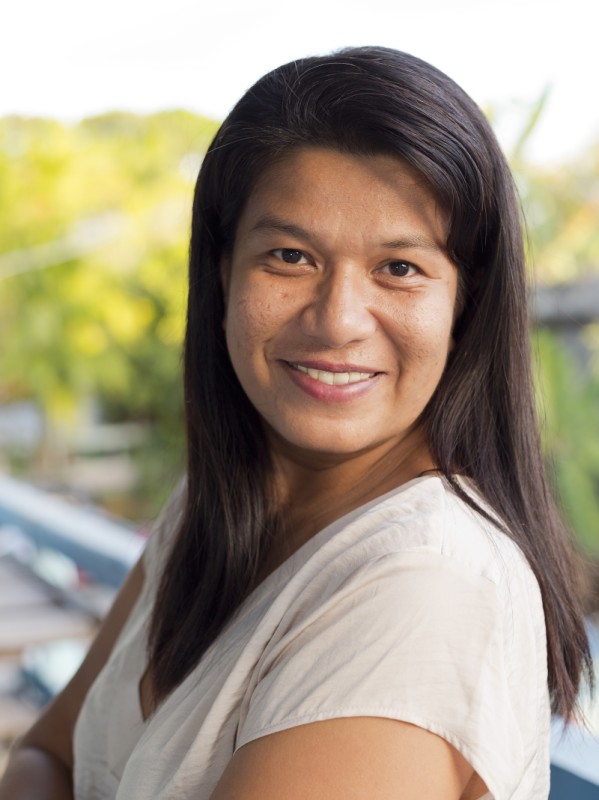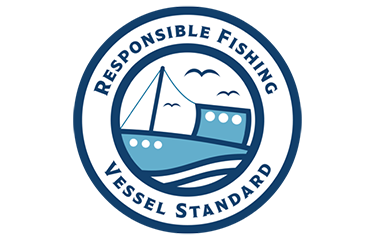The Responsible Fishing Vessel Standard (RFVS) is gaining traction in tuna fisheries in the Southwest Pacific, as a Philippines-based company has achieved the standard, while the Parties to the Nauru Agreement (PNA) have partnered with the Global Seafood Alliance to adopt the standard in its fishing operations.
The RFVS was first created by U.K. trade body Seafish, and was then transferred to the Global Seafood Assurances program in June 2020, which was soon thereafter merged into the new Global Seafood Alliance. General Santos City, the Philippines-basedRD Fishing is one of 13 fishing companies belonging to the RD Fishing Corporation, operating a dozen purse-seiners in the Western and Central Pacific Ocean and in the waters of the Parties to the Nauru Agreement.
Philbest Canning Corporation, also owned by the RD Corporation, at the same time announced it has received Seafood Processing Standard certification – another certification operated by GSA. Philbest Canning operates a tuna-processing facility in General Santos City processing an average of 200 metric tons per day of tuna, exported globally.
“The combination of a fishery certified to a GSSI-recognized fisheries standard – in this case, the Marine Stewardship Council – together with RFVS-certified vessels and processing through an SPS-certified plant means that RD Fishing’s customers whose tuna is processed through Philbest can now use [the Best Seafood Practices eco-label] in their communications, such as websites and marketing materials,” the GSA said.
Best Seafood Practices is a third-party certification standard for wild-capture fisheries created by the GSA.
The GSA also announced that it and the PNA’s marketing development company, Pacifical, have partnered to implement RFVS standards on all Pacifical fishing operations.
“To complement the PNA MSC certification, Pacifical also seek to provide consumers with the assurance that their PNA-caught tuna is fished by people who work under conditions that are free of forced or child labor, enjoy a good life, in a healthy and safe working environment, with fair pay and conditions,” Pacifical CEO Henk Brus said. “The GSA’s RFVS certification program goes beyond our existing guidelines and provides this possibility.”
The RFVS is designed to certify higher standards and accountability in regard to labor standards, GSA said in a press release.
“Over the last five years, several social accountability guidelines and standards have been launched with good intentions to address key issues at sea. Most of these guidelines, due to limitations, have focused their approach on self-assessment documents filled out by the fishing companies themselves, accompanied by an in-port audit once a year at best,” GSA said. “The PNA nation’s observers are the eyes and ears on board of purse-seiner vessels, with a crew of about 30 workers on typically one-month trips. They monitor and report daily on everything that happens on the boat, including social issues. With the RVFS program, their function on monitoring social conditions will be further extended.”







